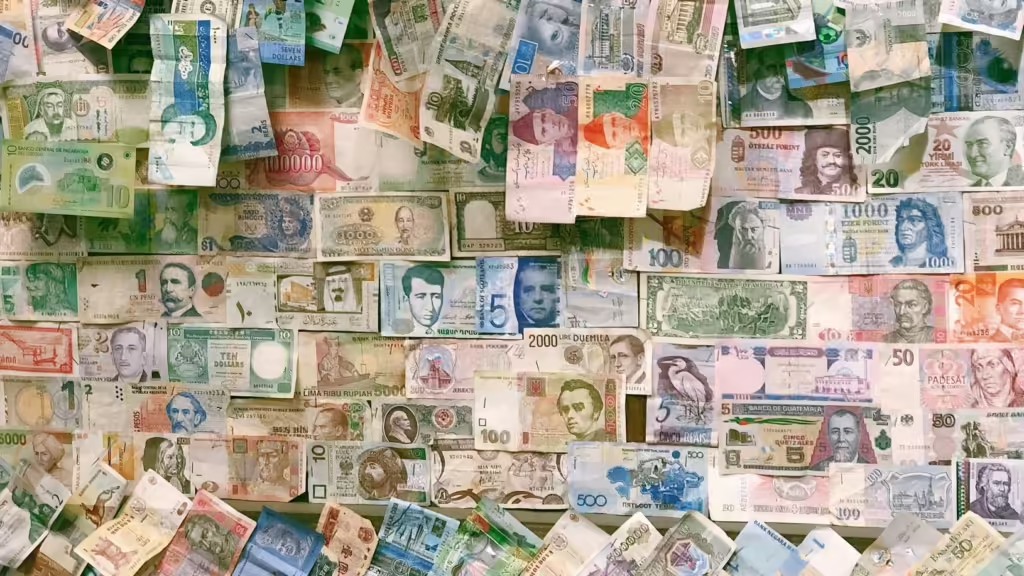Currency Exchange in Pakistan
Currency exchange is a vital aspect of international finance, enabling individuals and businesses to convert one currency into another for various purposes. In Pakistan, the process of currency exchange is governed by specific regulations and influenced by economic factors and global trends. This article explores the intricacies of Currency Exchange in Pakistan, from its regulatory framework to practical tips for obtaining the best rates.
Introduction to Currency Exchange
Currency exchange involves the buying and selling of currencies, essential for facilitating international trade, travel, and financial transactions. It allows businesses to operate globally by converting earnings into their local currency and enables travelers to access funds in foreign countries conveniently.
Overview of Currency Exchange in Pakistan
Pakistan’s currency exchange market operates under the regulatory oversight of the State Bank of Pakistan (SBP), which sets policies to ensure stability and transparency. The market sees transactions in various major currencies, including the US Dollar (USD), Euro (EUR), and British Pound Sterling (GBP), among others.
Regulatory Framework and Central Bank Role
The SBP plays a crucial role in regulating currency exchange activities in Pakistan. It monitors exchange rates, issues licenses to exchange companies, and sets guidelines to prevent illegal currency trading. This regulatory framework ensures the security of transactions and compliance with international standards.
Popular Currencies Traded in Pakistan
Among the currencies traded in Pakistan, the US Dollar holds significant importance due to its role as a global reserve currency. The Euro and British Pound Sterling also feature prominently, reflecting Pakistan’s trade relationships with European countries and the United Kingdom.
Factors Affecting Currency Exchange Rates
Several factors influence currency exchange rates in Pakistan, including economic indicators such as inflation and interest rates. Political stability and geopolitical events can also impact exchange rates, leading to fluctuations in currency values.
Major Currency Exchange Centers in Pakistan
Cities like Karachi, Lahore, and Islamabad host major currency exchange centers. Karachi, as Pakistan’s financial hub, sees substantial forex trading activities, while Lahore and Islamabad cater to regional trade and diplomatic transactions respectively.
Procedures for Currency Exchange in Pakistan
To exchange currency in Pakistan, individuals and businesses must comply with documentation requirements set by exchange companies and banks. These typically include valid identification and proof of transaction details.
Tips for Getting the Best Currency Exchange Rates
Timing is crucial when exchanging currency in Pakistan. Monitoring exchange rate trends and comparing rates offered by different providers can help obtain favorable rates. Additionally, avoiding peak trading times may yield better results.
Challenges and Risks in Currency Exchange
Currency exchange in Pakistan is not without risks. Exchange rate fluctuations can impact the value of transactions, while security concerns and fraudulent activities pose additional challenges. Adhering to established guidelines and using reputable exchange services can mitigate these risks.
Future Trends in Currency Exchange in Pakistan
Advancements in technology are expected to streamline currency exchange processes in Pakistan. Mobile apps and online platforms offer convenient ways to monitor rates and execute transactions, catering to the evolving needs of businesses and consumers.
Conclusion
In conclusion, currency exchange in Pakistan plays a crucial role in facilitating international commerce and travel. With robust regulatory oversight, diverse trading options, and evolving technological solutions, the market continues to adapt to global economic changes, ensuring efficient and secure transactions.
FAQs about Currency Exchange in Pakistan
- How can I find the current exchange rates in Pakistan? You can check exchange rates through banks, exchange companies, or financial websites/apps that provide real-time updates.
- Are there any limits on the amount of currency I can exchange in Pakistan? Yes, exchange companies may impose limits on the amount of currency that can be exchanged per transaction to comply with regulatory guidelines.
- What documents do I need to carry for currency exchange in Pakistan? You typically need a valid passport or national ID card and details of the transaction, such as the purpose of exchange and source of funds.
- How do political changes in Pakistan affect currency exchange rates? Political instability can lead to uncertainty in financial markets, impacting exchange rates as investors adjust their strategies based on geopolitical developments.
- Can tourists easily exchange foreign currency in Pakistan? Yes, tourists can exchange foreign currency at airports, banks, and authorized exchange centers throughout Pakistan, though rates may vary.



